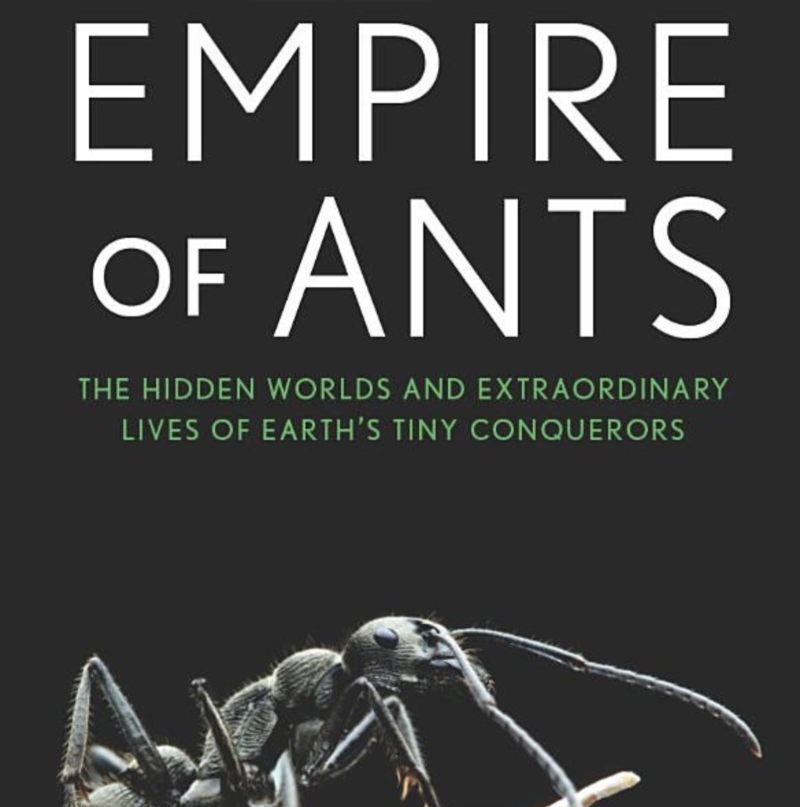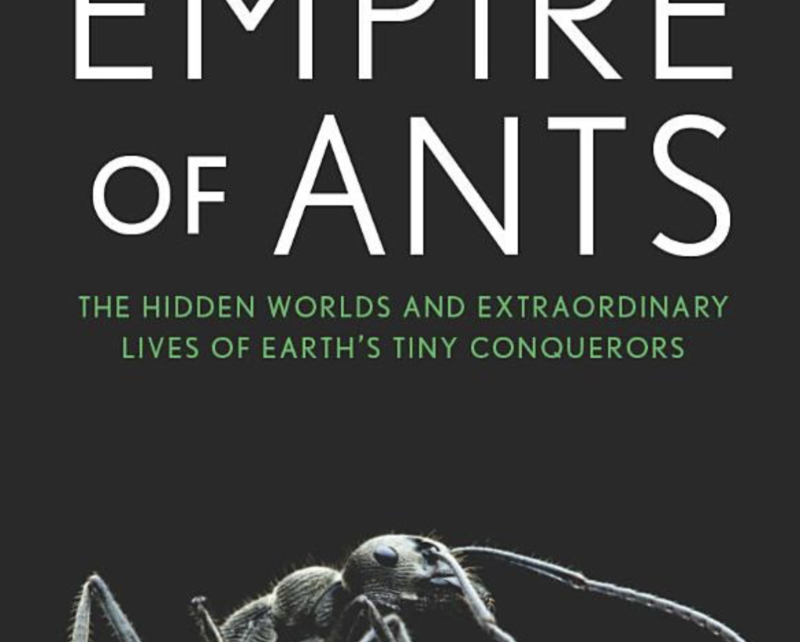
Susanne Foitzik is a proud myrmecologist: an entomologist who specializes in ants (it was a new vocab word for me, too). Her lab at the Ludwig Maximilian University of Munich studies the dynamics between slave-making ant species, which capture ants of other species and get them to work for them, and the host species they exploit. What genetic changes have turned a species of diligent worker ants like Temnothorax longispinosus into ravaging hordes of slave makers like Temnothorax americanus?
And what induces the enslaved ant workers to rise up in revolt, killing their oppressor’s pupae? (This is not metaphorical; it really happens). Ant eggs and larvae don’t yet make a species-specific scent, so the enslaved nursemaids caring for them think they’re rearing the young of their own colony. Once the babes hit the pupal stage, though, they start to stink like the slave-makers they are destined to become and their caretakers realize they’ve been duped. At that point they “bite the defenseless young insects to death, rip them to shreds, and throw them out of the nesting chamber.”
A labor of love
Dr. Foitzik really, really loves ants—even the slave-making kind. That love shines through on every page of her new book, Empire of Ants: The Hidden Worlds and Extraordinary Lives of Earth’s Tiny Conquerors, co-authored with Olaf Fritsche. She loves them so much, in fact, that she’s chosen to start each chapter with her charming drawings of different ant species engaged in their daily activities (see example above).





